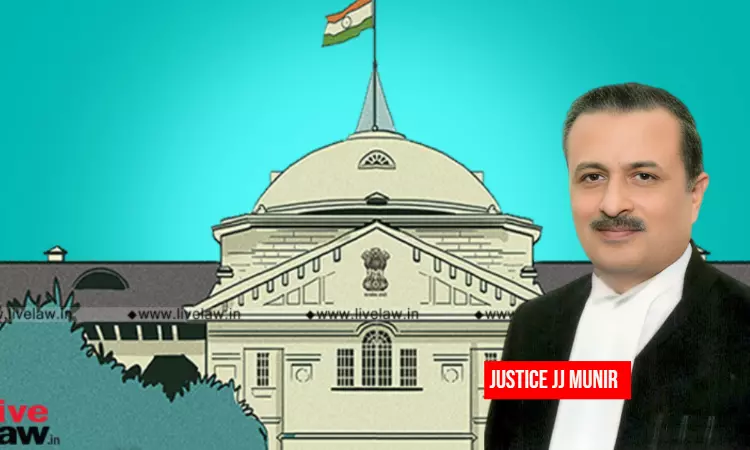While considering a case of an appointment to a government post, the Allahabad High Court has held that merely being implicated in a criminal case does not de facto form a basis for rejecting the candidate.In the case where the person seeking appointment was the brother of the main accused and had been implicated in case for dowry, Justice J.J. Munir observed that“Given the social...

